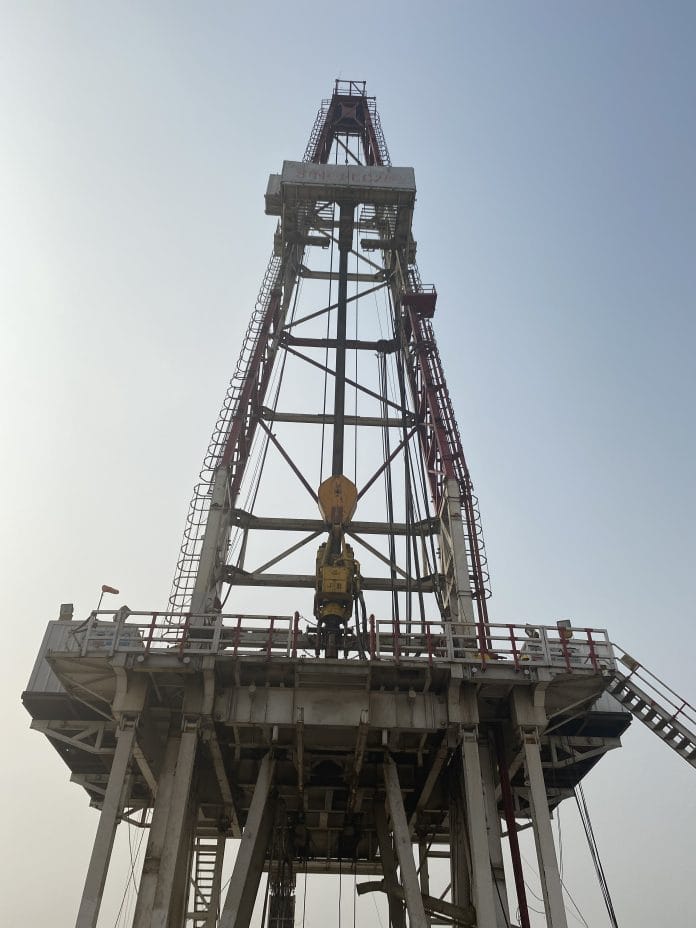In a major move to address the country’s deepening gas crisis, the Bangladesh government is set to launch a Tk 1,555-crore project the drilling of five gas wells in the Bhola region.
The proposed project includes drilling of four evaluation-cum-development wells at Shahbazpur-5, Shahbazpur-6, Bhola North-3, and Bhola North-4, and one exploratory well at Shahbazpur North-East-1, according to Planning Commission sources.
The state-owned Bangladesh Petroleum Exploration and Production Company Limited (BAPEX) will implement it.
These wells, which will be drilled at depths ranging from 3,500 to 3,600 meters, are part of the government’s wider plan to expand domestic gas production amid growing national demand and declining reserves.
Of the total project cost, Tk 1,244.80 crore will be financed by the government as a loan, while the remaining Tk 310.86 crore will come from BAPEX’s own funds.
The proposal is expected to be presented for formal approval at Wednesday’s ECNEC meeting, which will be chaired by Chief Adviser Dr. Muhammad Yunus at the NEC conference room in Sher-e-Bangla Nagar.
The Planning Commission sources said the initiative has been taken in line with recent seismic surveys and geological assessments carried out by BAPEX in the Bhola region.
“The wells were selected based on comprehensive analysis of three recent seismic studies and existing subsurface data,” said a senior official from the Commission.
The project has already been included in the list of unapproved new projects in the 2025–26 Annual Development Programme (ADP) and, if endorsed, will be implemented between 2025 and June 2028.
This initiative aligns with the government’s strategic energy roadmap, which aims to significantly scale up indigenous gas production in response to the country’s surging energy demands.
According to the Energy and Mineral Resources Division, BAPEX plans to drill 20 wells in phases, with these five representing the first stage of that larger programme.
Beyond drilling, the project also encompasses infrastructure development in the region, including land acquisition, construction of access roads, procurement of critical hardware and software for reservoir simulation, and the testing and completion of the wells. The operations will be conducted in Borhanuddin and Bhola Sadar upazilas.
Ruhul Amin, member of the Planning Commission’s Industry and Energy Division, said, “The project could lead to the discovery of approximately 300 billion cubic feet (BCF) of recoverable gas reserves. Such a find will have a tangible impact on national energy security and support broader economic growth.”
The proposal has already undergone review by the Project Evaluation Committee (PEC), which offered a number of key recommendations aimed at ensuring transparency and fiscal responsibility.
Among the issues raised were the need for detailed cost comparisons with similar past projects, justification for proposed staffing structures, and rationalisation of expenditures in areas such as advertising, vehicle rentals, and administrative overheads.
If approved, this gas exploration and development initiative will mark a significant step forward in the country’s efforts to reduce reliance on imported energy and bolster self-sufficiency in the energy sector. It also signals a renewed commitment by the government to invest in domestic resources as a buffer against future supply shocks in the global energy market.

